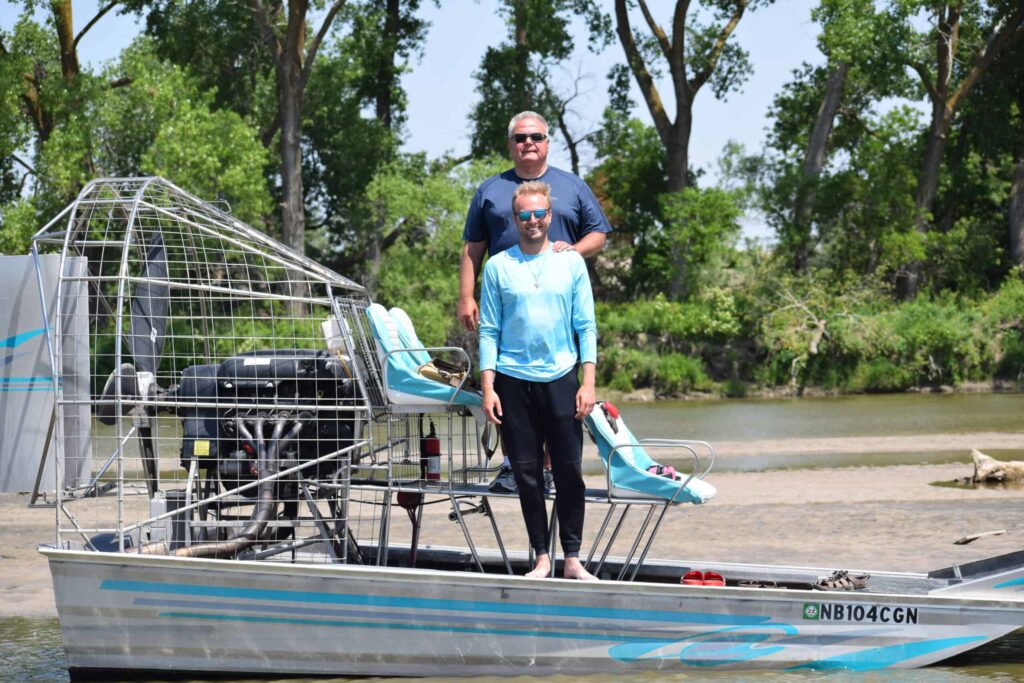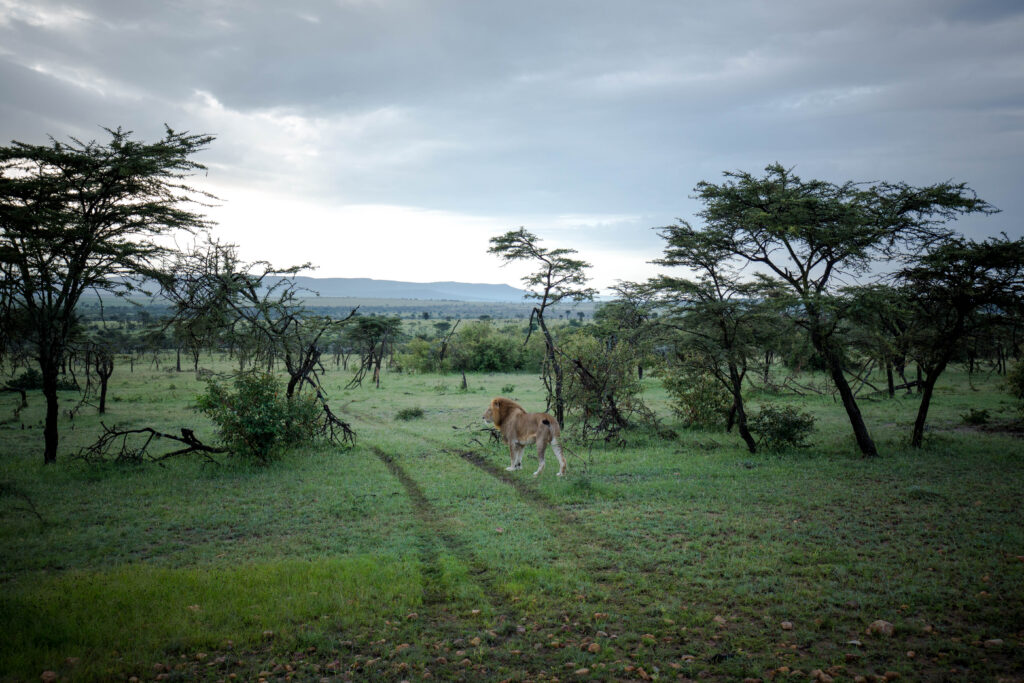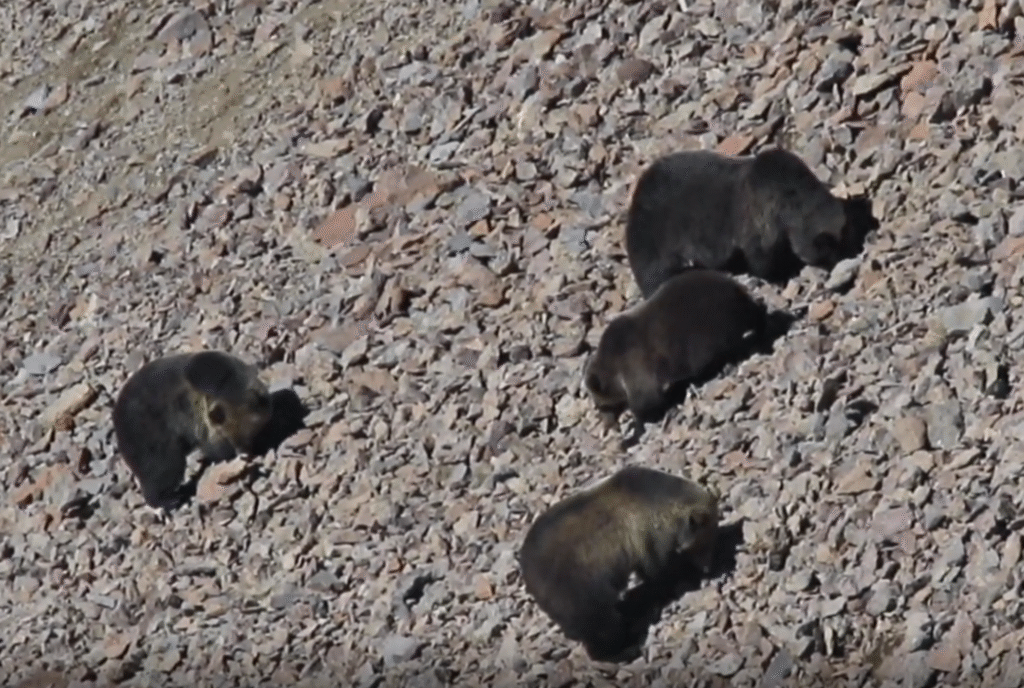The Wildlife Society has sent a letter to the Trump administration, expressing concerns over major cuts proposed to wildlife science and conservation programs in the Interior and Agriculture departments.
President Trump released his budget proposal for fiscal year 2019 (FY19) on Feb. 12, the first step of the federal budgeting process. Congress, which is still finalizing FY18 appropriations, will begin considering FY19 funding levels in the coming weeks.
TWS’ letter to Mick Mulvaney, director of the Office of Management & Budget, raised concerns about proposed funding levels for programs that implement wildlife science and management. In this letter, The Wildlife Society highlights the U.S. Geological Survey Fish and Wildlife Cooperative Research Units program, the State and Tribal Wildlife Grants program, the National Wildlife Refuge System, the USDA Forest Service Research and Development program and APHIS Wildlife Services’ Wildlife Damage Management program.
These programs collectively represent a variety of federal programs that support wildlife habitat conservation, scientific research, partnerships with state and tribal agencies and graduate education.
President Trump’s FY19 budget would eliminate the USGS Fish and Wildlife Cooperative Research Units program. This program currently funds 791 ongoing research projects in North America, the results of which are used to improve management of lands and wildlife by federal and state agencies. Many of these projects directly contribute to the graduate education of future wildlife professionals.
“Elimination of the program, as the Trump Administration intends, would have devastating impacts to the scientific capacity and science-based wildlife management decisions of partner state and federal agencies,” TWS’ letter says.
The letter highlights the $32 million proposed cut to the State and Tribal Wildlife Grants program, a loss of more than 50 percent from current levels. STWG is the only federal program that directly assists state agencies in developing and executing State Wildlife Action Plans.
TWS’ letter notes that “these recently updated plans are the blueprints for conserving over 12,000 species deemed at-risk of decline or in need of additional monitoring efforts to determine their status, distribution, and trends in populations, critical information to avoid ESA listing.”
The National Wildlife Refuge System would see cuts of $11 million under the proposed budget. TWS’ letter expresses concerns that the proposed cut would leave many positions vacant and eliminate further positions, leaving these lands under-managed and below visitor standards.
This proposed budget would also cut the USDA Forest Service Research and Development Program by $47 million. USFS R&D program produces some of the most innovative and novel technologies in forestry and forest-resources of any organization. Many of these projects have major implications for wildlife and a cut to this entity will decrease the capacity for the USFS and other federal agencies to knowledgeably manage wildlife resources.
“Continuing the trend of reductions in FSRD,” TWS’ letter states, “will result in significant gaps in the knowledge base and data sets necessary to address the many threats facing our nation’s forest economy.”
TWS’ letter also highlights that the Wildlife Services’ Wildlife Damage Management program would see a 45 percent reduction in funding, down to $46 million, under the FY19 budget proposal. This program provides funding for wildlife disease and invasive species research. As TWS states, “[i]n order to aggressively target these problems to protect both wildlife and human health, the Administration must maintain its supportive role” in this program.
The letter emphasizes that appropriate funding and scientific research are both critical for the proper management of natural resources in the United States. “Without an investment in these programs,” TWS states in their letter, “the policies by which we govern our natural resources will suffer due to a lack of current and unbiased information.”
Article by Charlie Booher








